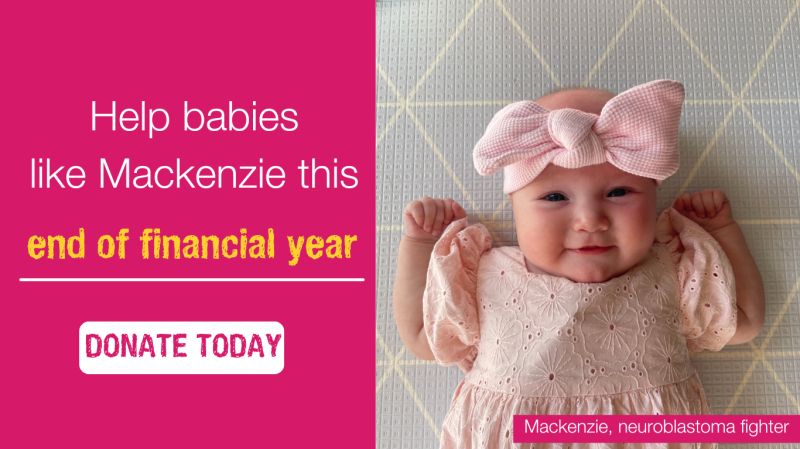Lucy Jones, CEO at Neuroblastoma Australia, shared a post by Neuroblastoma Australia on LinkedIn, adding:
“One key thing I have learnt over the last 13 years being part of Neuroblastoma Australia is that childhood cancers are very different to adult cancers. And yet, the treatments for childhood cancers have generally evolved from adult cancers.. as that is where most of the research funding goes.
The problem is that a lot of those treatments fundamentally aren’t suited to young developing bodies and as a result leave lasting damage. These late affects include hearing loss, organ failure, infertility, absence of adult teeth/enamel, growth issues, learning difficulties and an increased risk of developing a secondary cancer.
As neuroblastoma is a cancer which develops from embryonic nerve cells, it mainly affects very young children so we need kind, gentle treatments which work, treatments which have the child at the very start of the research journey and not as an after thought..
As childhood cancers are rare and attract relatively little commercial and government funding, the only way to drive research is with the support of the community so please do consider donating.”
Quoting Neuroblastoma Australia’s post:
“Childhood cancer is underfunded – just 8% of all government cancer research funds goes towards children’s cancer, and much less towards neuroblastoma. This EOFY we need your help to bring us closer to a future where all children survive and thrive. Please make a donation today here.
Mackenzie (pictured) was diagnosed with neuroblastoma cancer when she was only two weeks old. Within days, she started chemotherapy as the neuroblastoma had already spread to her liver, and there was also a small amount in her bone marrow. ‘Since diagnosis she has completed four rounds of chemotherapy within her six months of life’, says Mackenzie’s mum Ally.
Current treatments are not suited to young children. Yet the average age of diagnosis is just 2 years old. Due to the toxicity of treatments, they often leave late effects which include hearing loss, infertility, heart and lung problems, learning difficulties and increased risk of secondary cancers.
This end of financial year, Neuroblastoma Australia is raising funds for leading research, not only to ensure that all children with Neuroblastoma survive through more effective treatments, but also that they thrive afterwards.
Donate today to help fund better treatments for children like Mackenzie.
We appreciate your support in aiding children like Mackenzie with neuroblastoma. Thank you for helping us save children’s lives.”
Source: Lucy Jones/LinkedIn and Neuroblastoma Australia/LinkedIn


